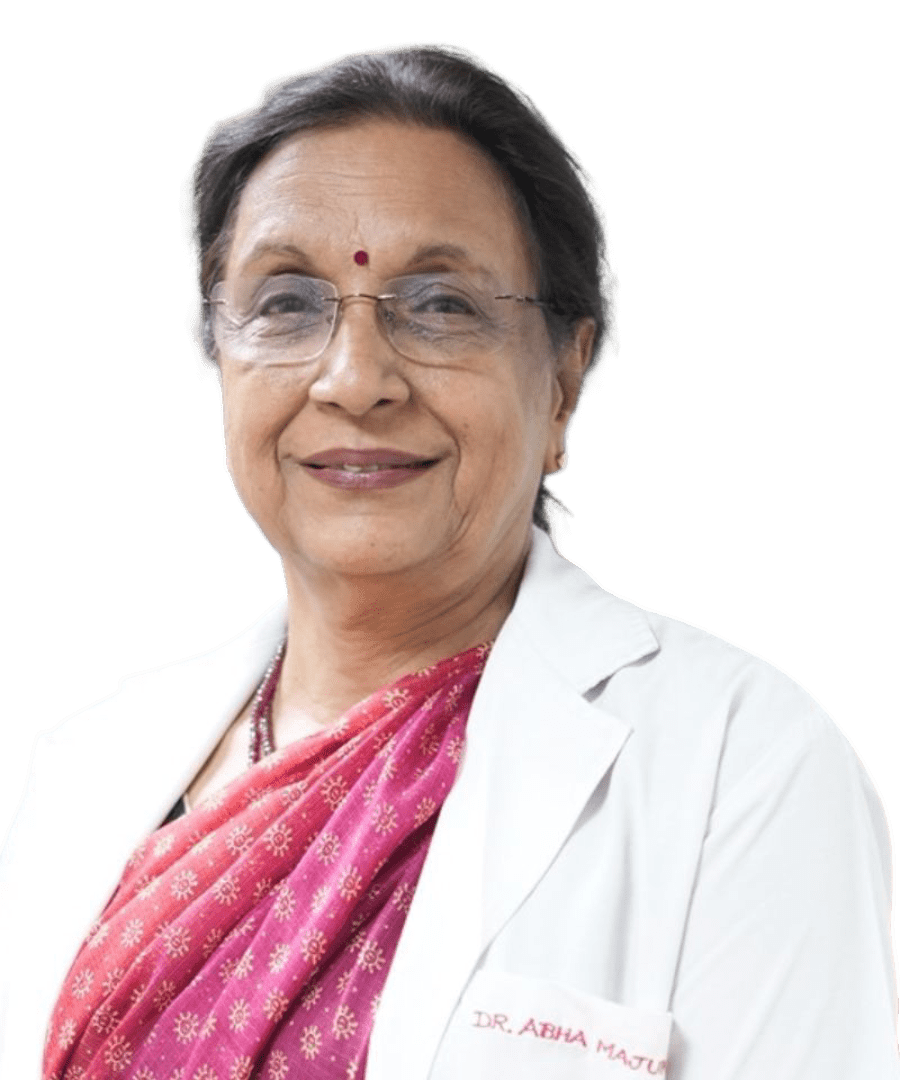 Dr. Abha Majumdar
Dr. Abha Majumdar
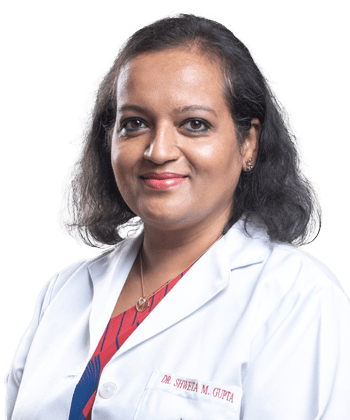 Dr. Shweta Mittal Gupta
Dr. Shweta Mittal Gupta
 Dr. Neeti Tiwari
Dr. Neeti Tiwari
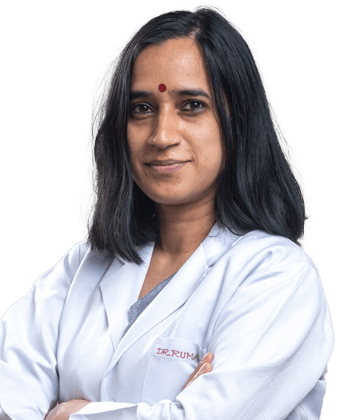 Dr. Ruma Satwik
Dr. Ruma Satwik
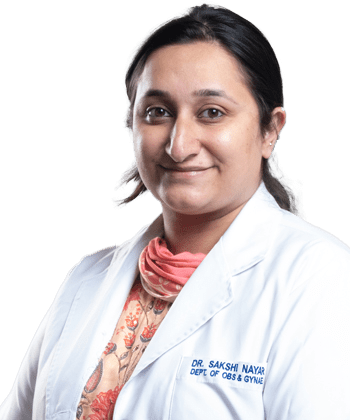 Dr. Sakshi Nayar
Dr. Sakshi Nayar
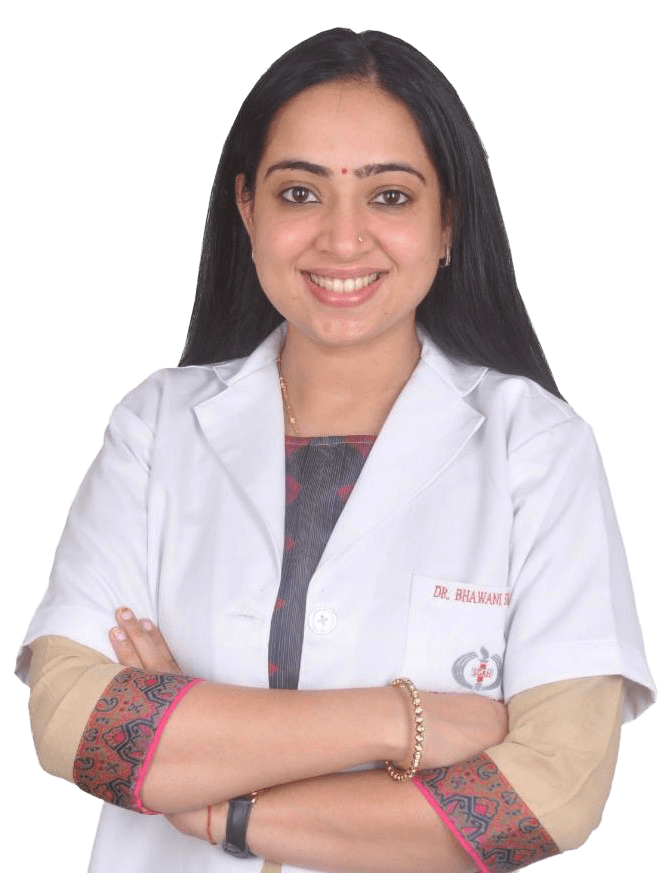 Dr. Bhawani Shekhar
Dr. Bhawani Shekhar
Established in 1991 to meet the needs of infertile couples, the Centre of IVF and Human Reproduction at Sir Ganga Ram Hospital has grown into one of the leading providers of sophisticated reproductive health care in India.
This is a tertiary care infertility centre dedicated to providing comprehensive state-of-the-art fertility & reproductive health care in a personalised & friendly environment. We provide all infertility services from simple medical management (ovulation induction), surgical treatment (Open surgery & microsurgery / fertility promoting endoscopic surgeries) to ART procedures (IUI & IVF / ICSI) under one roof.
Our centre can help you achieve your goals of parenthood through state-of-the-art technology, innovative research and highly trained physicians, embryologists, fertility nurses and ultrasonographers.
Since the establishment of this centre, we have put in every possible endeavour to stay abreast of the latest developments in terms of technology, equipment and research.
Initial Assessment and Investigations
Our team is dedicated in helping you achieve your goal of taking a baby home. At your initial consultation we evaluate you completely to decide which mode of treatment is best suitable for you. A detailed medical and surgical (past and present) history of the couple is taken. This is followed by medical examination and infertility evaluation. We request a semen analysis as part of baseline investigation and evaluate the tubes if necessary in the female partner as part of our preliminary investigation. Baseline hormonal profile (FSH, LH, Thyroid profile, Prolactin, etc.) is also evaluated, if required.
The outcome of the examination and investigation decides the best course of action and nature of the procedure to be undertaken. There are various fertility enhancing procedures that may help you to achieve a pregnancy and a decision is taken after the initial assessment.
Endoscopy is the examination and inspection of the interior of body organs or cavities using a device called an endoscope. Our unit performs all fertility promoting endoscopic procedures. Endoscopy involves laparoscopy as well as hysteroscopy.
Laparoscopy involves visualization of pelvic structures (uterus, tubes & ovaries) with the help of a special optical device called as laparoscope. Operative intervention can be done simultaneously, which helps in restoring the pelvic anatomy & improving your chance of conception.
Hysteroscopy is a surgical procedure that enables us to diagnose and operate on pathologies inside the cavity of the uterus. This consists of the introduction of an instrument with fibre optics called hysteroscope, through the cervical canal, which enables us to visualize the cavity of the uterus. We can diagnose and treat any existent uterine pathologies simultaneously.
We have state of the art, fully equipped dedicated theatres where these endoscopic procedures are performed usually as day care procedures and the patient does not need to be admitted overnight.
Endoscopic fertility enhancing procedures
Laparoscopy: Virtually all of the operations that are done by traditional open surgery can be performed by laparoscopy
Intrauterine insemination (IUI) is placing of sperm into a woman's uterus around the time of ovulation. This is achieved with a thin flexible tube (catheter) that is passed into the vagina, through the cervix, and into the uterus.
Insemination procedures are the simplest and least expensive methods of assisted reproduction. No anesthesia or surgery is needed. In IUI, sperm of the male partner is used. IUI is often combined with superovulation medication to increase the number of available eggs so as to enhance pregnancy rates.
Prior to insemination, the sperm are processed (washed and concentrated). Placing unwashed sperm directly into the uterus can cause severe cramps. Concentration is accomplished by selectively choosing highly active, healthy sperm that are more capable of fertilizing an egg. IUI is done on an outpatient basis with without any use of anaesthesia.
There are registered and approved sperm banks from which donor sperm can be used for couples where the male partner is unable to produce sperm or has an extremely low sperm count or carries a risk of transmittable genetic disease to the offspring.
IVF is the union of an egg and sperm in artificial conditions in a laboratory. The union of an egg and sperm results in the formation of an embryo. The embryo is transferred to the uterus which if accepted results in a pregnancy. This process of IVF is done in conjunction with fertility drugs along with monitoring of hormone levels through blood tests and follicle scans with ultrasound.
An IVF cycle begins with ovarian stimulation wherein a woman begins fertility medications to encourage the development of eggs within her ovaries. The aim of ovarian stimulation is to be able to retrieve multiple eggs so that a substantial number of good quality embryos are available for transfer. During ovarian stimulation, the patient is monitored with the help of ultrasound and hormone testing. Once the growing follicles attain the required size, ovulation is induced and ultrasound guided 'egg retrieval' is performed 36 hours after hCG administration.
Egg retrieval is a minor surgical procedure that can be performed as a day care procedure. It generally takes about half an hour and requires general anaesthesia. With the help of a vaginal ultrasound a needle is directed through the vagina and into the ovarian follicles. From here, the eggs are easily retrieved. No cuts or stitches are given during the procedure.
Once the eggs have been retrieved, they are carefully identified, washed and labelled. They are placed in a petri-dish with culture media and placed in an incubator for 3 to 4 hours. During this time, a semen sample is collected from the male partner and delivered to the lab where it undergoes processing referred to as "washing", which isolates the healthiest sperm. Once the sperm is washed, it is added to the eggs in correct concentrations to begin the process of fertilization. Alternately, for patients with problems such as male factor we may elect to use intracytoplasmic sperm injection (ICSI) to assist the fertilization process. After 18 hours, the eggs are examined for markers of successful fertilization. If normal fertilization occurs, then two to three of the resulting embryos will be selected and placed to the woman's uterus. Embryos are normally transferred between two to five days after the egg pickup. Note that not all eggs fertilize and not all fertilized eggs or 'zygotes' grow into good quality embryos. The embryos, which show slower development or get arrested, are discarded.
This procedure is simple, requires no anesthesia and is very similar to intra uterine insemination (IUI). The embryos are placed in the uterus with the help of a cannula (soft plastic tube) passed through the cervix. After the embryo transfer rest is advised for a while. During this time the nurse administers progesterone injection, and gives written instructions for further medication at home. Embryo transfer can cause mild cramps in the lower abdomen.
Medicines are given to maintain the hormone levels during the second half of the cycle to ensure that the endometrial lining is satisfactory. This improves the chance of implantation of the embryos and thus of success. There is no evidence that prolonged rest improves the success rate of IVF.
Intracytoplasmic sperm injection a procedure where a single sperm is selected and delivered directly into a woman's egg. ICSI is an effective option for men with subnormal semen parameters such as a very low sperm count, impaired sperm function, or in cases of previous failed fertilization.
We also perform surgical retrieval of sperm from the testis in men who have no sperm in their ejaculates. Sperm can either be aspirated from testicular tissue (TESA), or surgically extracted in the form of a biopsy (TESE) or aspirated from the epididymis (PESA). These techniques coupled with IVF-ICSI offer a chance to men with complete azoospermia to father their own offspring.
An embryo must be released or 'hatch' out of its outer cover completely before it can implant in the uterus. Assisted Hatching is a specialized procedure performed in the laboratory, wherein a hole is artificially drilled into the outer covering of the embryo, with the help of a laser beam. This promotes the hatching process thereby improving the overall implantation and thus pregnancy rates after IVF-ET. However this procedure is beneficial to only a selected group of patients and therefore offered only to women with advanced age or with previous two or more failed IVF cycles.
Cryopreservation
Cryopreservation is a technique, which is used to preserve sperm in liquid nitrogen at -196°C. We can preserve ejaculated as well as testicular sperm. Sperm can also be frozen in advance of the day of egg collection if you anticipate difficulties with semen collection or if the male partner is out of town. However we only offer sperm cryopreservation to couples undergoing IVF/IUI cycles at our center.
Cryopreservation is a technique, which is used to preserve good quality supernumerary embryos in liquid nitrogen at -196°C. These embryos can be used in subsequent cycles in case of cycle failure or if subsequent pregnancies are desired. By transferring these frozen thawed embryos you can have extra attempts at achieving a pregnancy without undergoing a full stimulation cycle. Note that only good quality embryos are used for freezing since only strong embryos can withstand the strain of freezing. In a freezing cycle, embryos are thawed and transferred into the uterus in the same way as a normal embryo transfer procedure. Transfer of these embryos is usually carried out in a hormone replacement cycle, but can also be performed in a natural cycle in which fertility drugs have not been used. One of the other advantages associated with this process is the low cost involved since expensive fertility drugs are not required.
We offer egg donation program at our center for women who are unable to produce their own eggs. The donors undergo a screening process before they are recruited for an IVF cycle. Surrogacy is also offered for women who either do not have a uterus or have a severely damaged uterus incapable of carrying a pregnancy. We accept only known or altruistic donors.
We are conveniently located very close to central Delhi with access to good channels of transport and communication.
Tel : + 011-42251777(9:00 am - 5:00 pm)
Fax : + 011-42241771
Email : ivfsgrh@rediffmail.com
.jpg)
Day-2 embryos after In Vitro Fertilization (IVF)
.jpg)
Day-3 8 cell embryos after In Vitro Fertilization (IVF)
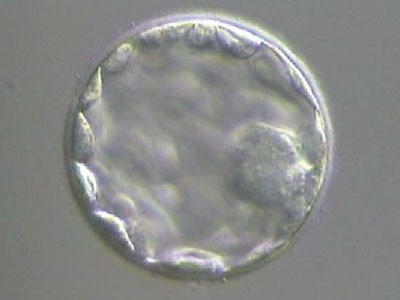
Day-5 Expanded Blastocyst
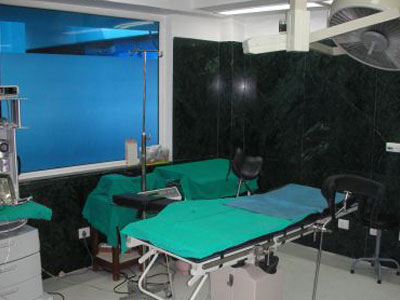
Pic 1. Operation Theater for Oocyte Retrieval
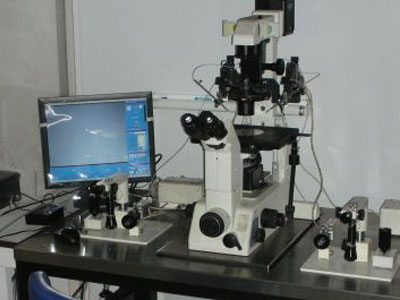
Pic 2. Micromanipulation Equipment for ICSI
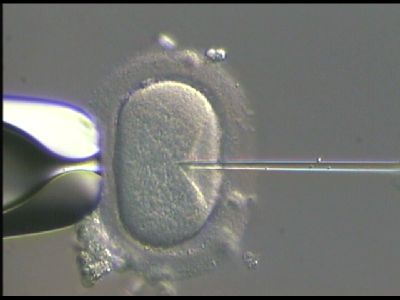
Pic 3. Intra Cytoplasmic Sperm Injection
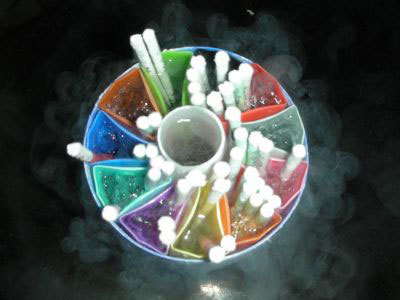
Pic 4. Cryopreserved Embryos
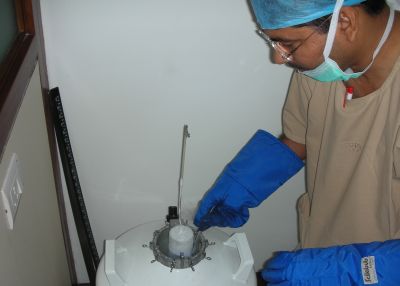
Pic 5. Cryopreservation in Liquid Nitrogen